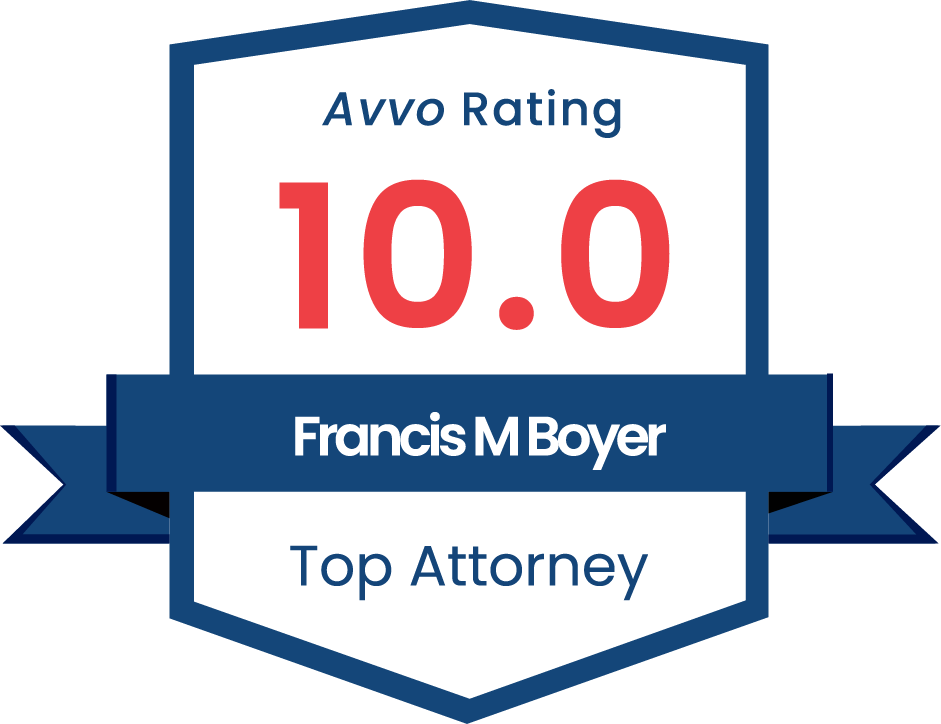Often, due to people taking advantage of their access to estate or trust assets through bad conduct or otherwise, legal action including estate litigation may be necessary. Unfortunately, the people in positions of trust, whether they are acting as a estate executor, trustee, or other individuals with access to the assets, can easily create issues. There are numerous ways in which the probate process can be abused, such as fraud, mismanagement of assets, and even human error, that can create financial disasters and harm family relationships. These situations can lead to a will dispute, trust contest, estate litigation or removal of a trustee.
Due to the personal nature of these issues, estate litigation is one of the most emotionally charged areas of the law due to the family dynamics involved and impacted by the matter. When such situations arise, the experienced attorneys at Boyer Law Firm are ready to fight to protect your rights.


